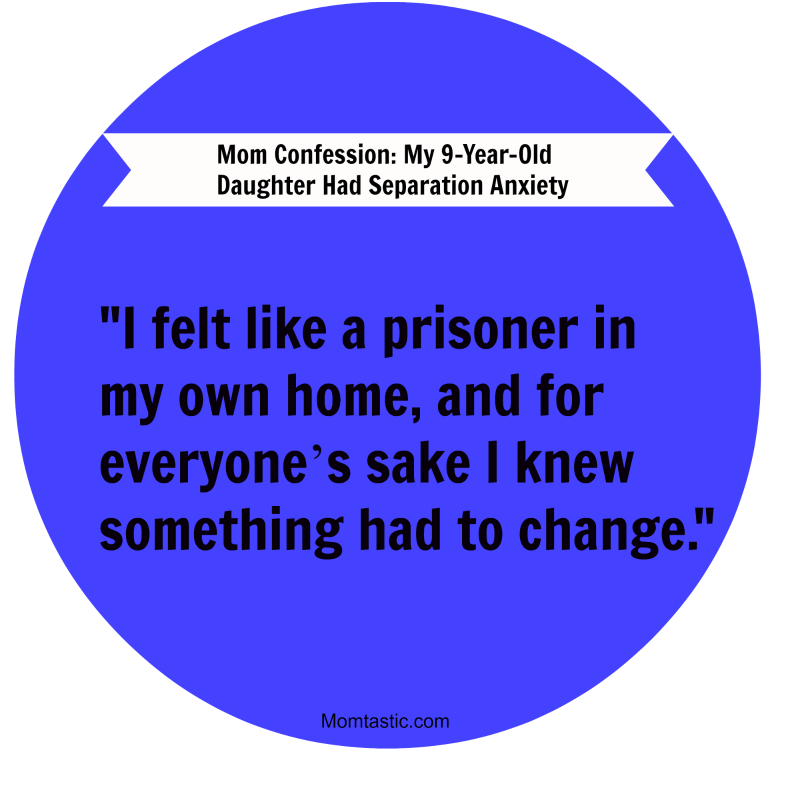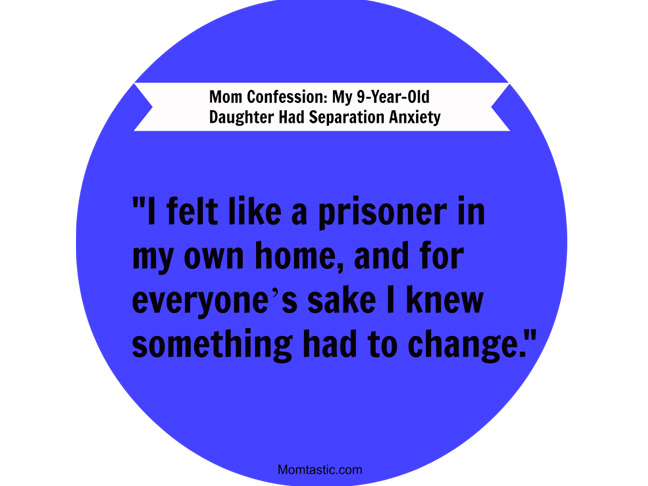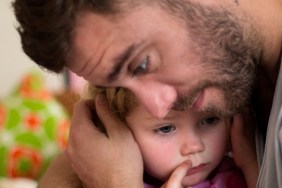 When my job moved from Los Angeles to New York eight months ago, I didn’t move with it. I decided that I was ready for a less hectic work week, and I embraced a new part-time freelance career. I would be in charge! I would work on things that were important to me! I would spend more time with my kids! All of that came true, and I was thrilled to have finally found balance after so many years of never feeling like I was doing enough in any of the roles I had of mother, wife, daughter, employee, and friend. Of course I was always more than enough, but it never felt that way.
When my job moved from Los Angeles to New York eight months ago, I didn’t move with it. I decided that I was ready for a less hectic work week, and I embraced a new part-time freelance career. I would be in charge! I would work on things that were important to me! I would spend more time with my kids! All of that came true, and I was thrilled to have finally found balance after so many years of never feeling like I was doing enough in any of the roles I had of mother, wife, daughter, employee, and friend. Of course I was always more than enough, but it never felt that way.
My kids started seeing me more than ever. More importantly, they started seeing the happy, fun mom that rarely came out to play before. My door was open after school for homework help. I hung out at the dinner table to chat. I took walks with my daughter every day. I said “yes” a lot more often. With my more flexible schedule, I could take care of appointments during the week, leaving weekends for family.
I had no idea the new situation would have a downside, but it did. By having nearly unlimited access and time with me, my once independent 9-year-old daughter became extremely dependent and attached to me. She followed me around the house and stood waiting for me to be done with whatever I was doing. If I said, “I need to finish this up, maybe you could watch a show or do some art in your room?” it would hurt her feelings. She would sulk away, shoulders hunched in a posture that said, “You must not love me as much as I love you.” Of course this made me feel horrible, so I would stop what I was doing, reassure her, and reschedule my to-dos until after bedtime.
The more needy of me she became, the more frustrated I got. I was putting in way more quality mothering hours than before, and yet it wasn’t enough? I still wasn’t enough? I didn’t want to go back to the time when I had an audience in the bathroom – been there, done that.
Things escalated after I injured my back. I became more distant from the family as I dealt with my own pain and rehab — which was painfully slow. I was often in bed before she was. My room exploded with her get-well gifts: homemade snowflakes, fresh-cut roses, notes, and signs.
About the same time, she frequently started complaining of stomachaches and started missing school. I hadn’t connected her separation anxiety to her tummy issues yet, so I spent nearly $500 on tests for gall bladder problems and H. Pylori, as well as appointments with a pediatric GI doctor who treated her for acid reflux. She also started sleeping with me every night, due to the stomachaches. My bed isn’t big enough for three people, so my husband jumped ship and slept in her bed.
Things hit a climax when she had a breakdown while staying with her grandparents for a few nights — something she had done with ease since she was a baby. Once she got home, if I had an evening appointment she cried hysterically — that toddler-grabbing-your-pants-and-begging-you-not-to-go type of cry. And if I was more than one-minute later than I expected, she got upset with me. “You’re late!” she’d say when I got home, like a jealous husband.
I felt like a prisoner in my own home, and for everyone’s sake I knew something had to change. I spoke to our pediatrician and did some research. I was told it wasn’t totally uncommon for a pre-pubescent girl to go through separation anxiety, yet nobody I knew talked about it. Once I posted it on social media, I got a ton of replies saying their 9- to 11-year-old daughters were also more needy than ever, in some cases sleeping on their parents’ bedroom floors at night. That allayed my fears that she was going through something really unusual, but I still wondered how to make her feel better.
So I started sharing what I was learning with her and kept asking how she felt, trying to see patterns. She told me about some of her fears. She imagined bad things could happen to me when I wasn’t in her sights, and she connected her need to be near me with her stomachache. With her doctor, we took her off her acid reflux medication and began to try to treat it as a separation anxiety issue. Having experienced anxiety severely myself, I explained to her what it could feel like. How it can cause a lump in your throat, how it can make you nauseous and your heart race.
She began calling it by name with no sense of shame, which was important to me. Anxiety is as real and physical as any other ailment, and I wanted to respect that while also trying to help ease her fears. I’m no therapist, but because I’ve also struggled with anxiety I did feel like I could understand what she was going through. I told her that her sensitivity is a great asset. I explained that she was feeling anxious (at least partially) because she cares so much — something we would never want to change. But that we needed to work on ways to help her feel better (and happier) when I wasn’t around. She agreed, and we came up with this plan together:
1. Separate beds
For an interim period of a few weeks until she was comfortable, we allowed her to sleep on a futon in the room right next to ours (this compromise was her idea). She’s now sleeping in her own bed full-time.
2. New bedtime routine
I tucked her into bed a little earlier, so I could spend a bit more time with her one-on-one. Knowing she has this time with me every day helps her not feel as panicky wondering when she will get my attention next. This also helped her feel things were more normal – that I was tucking her in and not vice versa.
3. Time apart
I scheduled regular periods of time every week to go out, so she could see that I could leave and come back and it would be okay. I vowed to follow-through even if it meant she was crying when I left. So that she was never caught off guard, I let her know when these times would be in advance and who would be here with her. If I ran late, I let her know before she had to call me in a panic. I never say “I’ll be gone 15 minutes” when I know it will be an hour. If anything, I overestimate.
4. Tag-along time
My goal was for her to be so painfully bored she’d prefer to stay home. This actually only partially worked –my physical therapist’s lounge is pretty cool and stocked with beverages.
5. Less transparency about my feelings
This was hard. I’m usually a believer in not hiding the hard parts of life from kids, and I’ve been open about things like if I was in a lot of pain and needed to go to bed early. Or if I was having a panic attack and needed some time outside to breathe. But my daughter is extremely sensitive and I think had been so worried about me, it was escalating her own anxiety. So I had to suck it up and put on a happy face and act normal to ease her fears. In a way, the “fake it ‘til you make it” plan has helped me not dwell on things that hurt or aren’t going well.
We’ve already made some great strides in the past few weeks with these strategies in place. She is sleeping in her own bed confidently full-time, she no longer follows me around the house, and the other day she didn’t complain or cry when I went out to dinner with a girlfriend. She did have a nervous stomachache while I was gone (nights seem hardest for her) and waited up for me. But she recovered quickly with a hug and goodnight kiss.
While I want her to be comfortable if we’re apart, I never want to lose the closeness the two of us share. I fantasize that we are (and will continue to be) the modern day “Gilmore Girls.” Minus the whole stealing a yacht and dropping out of school season, of course.








